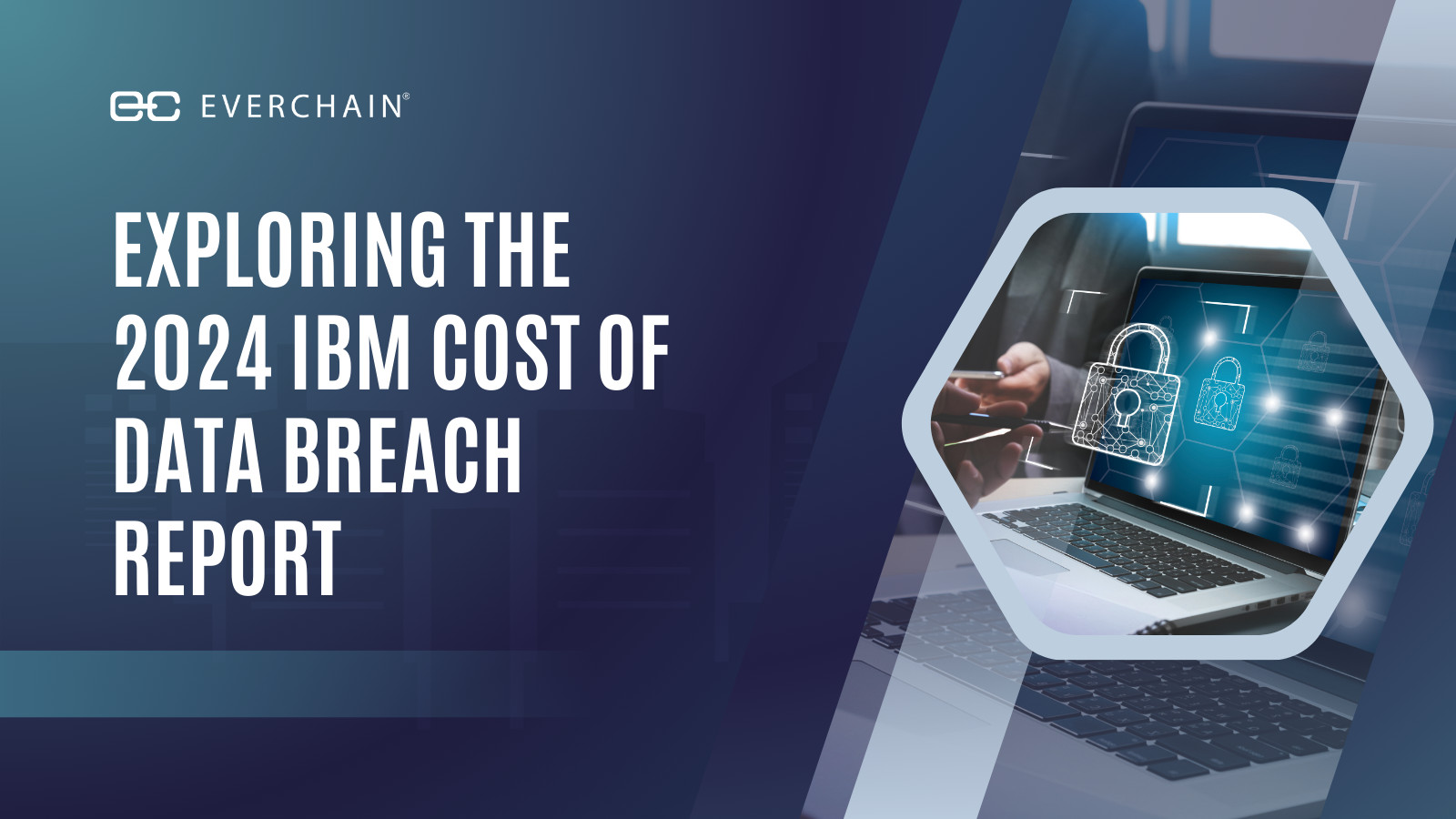In the world of auto loans, savvy investors have a golden opportunity to tap into a lucrative market. The auto loan industry is experiencing significant fluctuations, driven by a combination of economic trends and consumer behaviors. In April this year, 5.23% of subprime auto loans were 60 days or more delinquent, the worst April on record and slightly above the previous record from April 2020, according to the Fitch subprime index. This index tracks auto loans securitized into asset-backed securities (ABS) rated by Fitch, highlighting a growing concern in the subprime market.
Adding to the complexity, used vehicle prices spiked by about 55% from 2020 through 2021, prompting consumers to take out substantial loans to finance these overpriced vehicles. Although used vehicle prices have dropped nearly half of that spike since early 2022, they remain high, and rising interest rates have further complicated the market. These dynamics have turned the used-car business upside down, creating both challenges and opportunities for investors.
This guide aims to shed light on the essentials of buying auto loan portfolios, offering a roadmap for those looking to navigate this volatile yet rewarding market. Whether you’re a seasoned player or a newcomer, understanding the intricacies of buying auto loan portfolios can significantly impact your bottom line.
Understanding Auto Loan Portfolios
An auto loan portfolio consists of a collection of auto loans sold by lenders, such as banks, credit unions, or finance companies. These portfolios can include non-performing loans, where borrowers are delinquent or have defaulted.
- Diversification: Investors can spread risk across multiple loans and borrowers.
- High Returns: Non-performing loans (NPLs) can be bought at a significant discount, offering the potential for substantial profits upon recovery.
- Secured Loans: Auto accounts sold as “secured” loans, where the seller holds a security interest in the vehicle (i.e., the seller is on the title), may add significant value to the portfolio. This security interest can enhance recovery rates and provide additional assurance to buyers compared to unsecured debts.
Steps to Buying Auto Loan Portfolios
- Research and Due Diligence: Thoroughly research the market and the specific lender and portfolio you’re interested in. Look at the loan-to-value ratios, borrower credit profiles, vehicle value, and historical payment performance. EverChain’s Marketplace platform can help streamline this process.
- Valuation and Pricing: Accurately valuing the portfolio is crucial. Utilize market data and portfolio valuation models to determine a fair price. EverChain Capital Advisors can provide unique valuation assistance with this.
- Engage in Auctions: Bid on auto loan portfolios on auction. EverChain’s technology-driven marketplace facilitates the auction process, helping you secure the best price for your investment.
- Closing the Deal: Finalize the purchase by signing the necessary agreements and transferring funds. Ensure all legal and regulatory requirements are met to avoid future complications.
Key Players in the Market
Navigating the auto loan market can be complex, but with EverChain’s Certified Creditor Network, you have access to a vetted pool of sellers, making the process seamless and efficient. Here are some of the key players in this space:
- Specialty Finance Companies: Firms specializing in auto loans often have extensive experience and infrastructure for managing portfolios.
- Banks and Credit Unions: Traditional lenders sell auto loan portfolios to manage their balance sheets or reduce risk exposure.
- Private Equity Firms: These investors look for high-return opportunities and may purchase large portfolios.
Maximizing Profit
To maximize profit from an auto loan portfolio, consider the following strategies:
- Efficient Recovery: For non-performing auto loans, having a robust recovery strategy is essential. EverChain’s Universal Due Diligence platform can help manage third and fourth parties effectively. Be sure to have a vendor to repossess vehicles as well as a process to remarket the autos as part of the recovery process.
- Portfolio Management: Continuously monitor and assess the portfolio’s performance. Adjust strategies based on market conditions and borrower behavior. EverChain’s Monitor service can provide valuable insights for better risk management.
The Importance of Compliance
Compliance with state and federal regulations is paramount in the auto loan market. Ensure that all actions, from purchase to recovery, adhere to relevant laws. This not only protects your investment but also maintains the integrity of your business operations.
Conclusion
Buying auto loan portfolios can be a profitable venture if approached with the right strategy and tools. By understanding the market, conducting thorough due diligence, and leveraging advanced technology, investors can unlock significant value. EverChain’s comprehensive suite of services, from due diligence to recovery, positions investors for success in this dynamic market.
Embark on your journey into the auto loan market with confidence, knowing you have the knowledge and resources to drive your investment forward.




